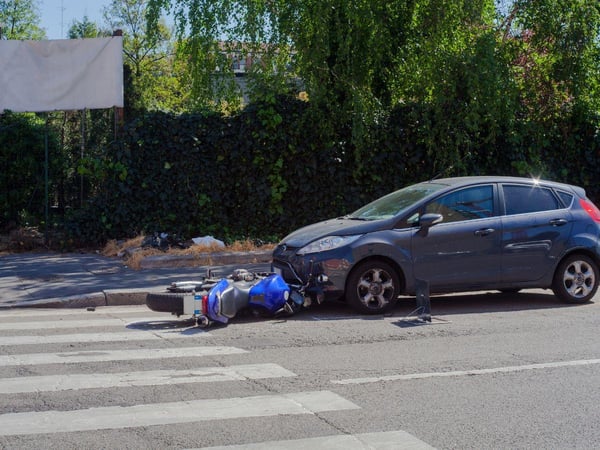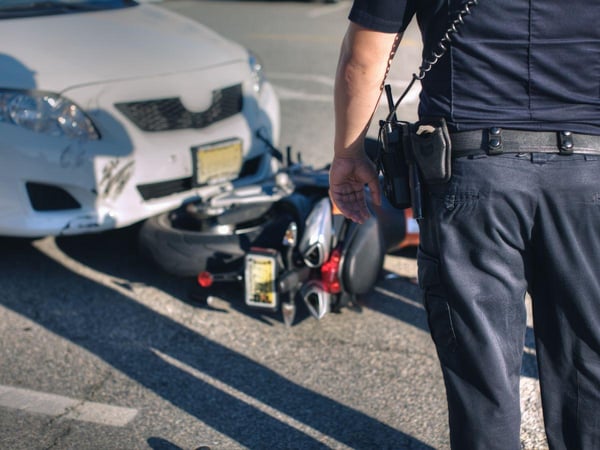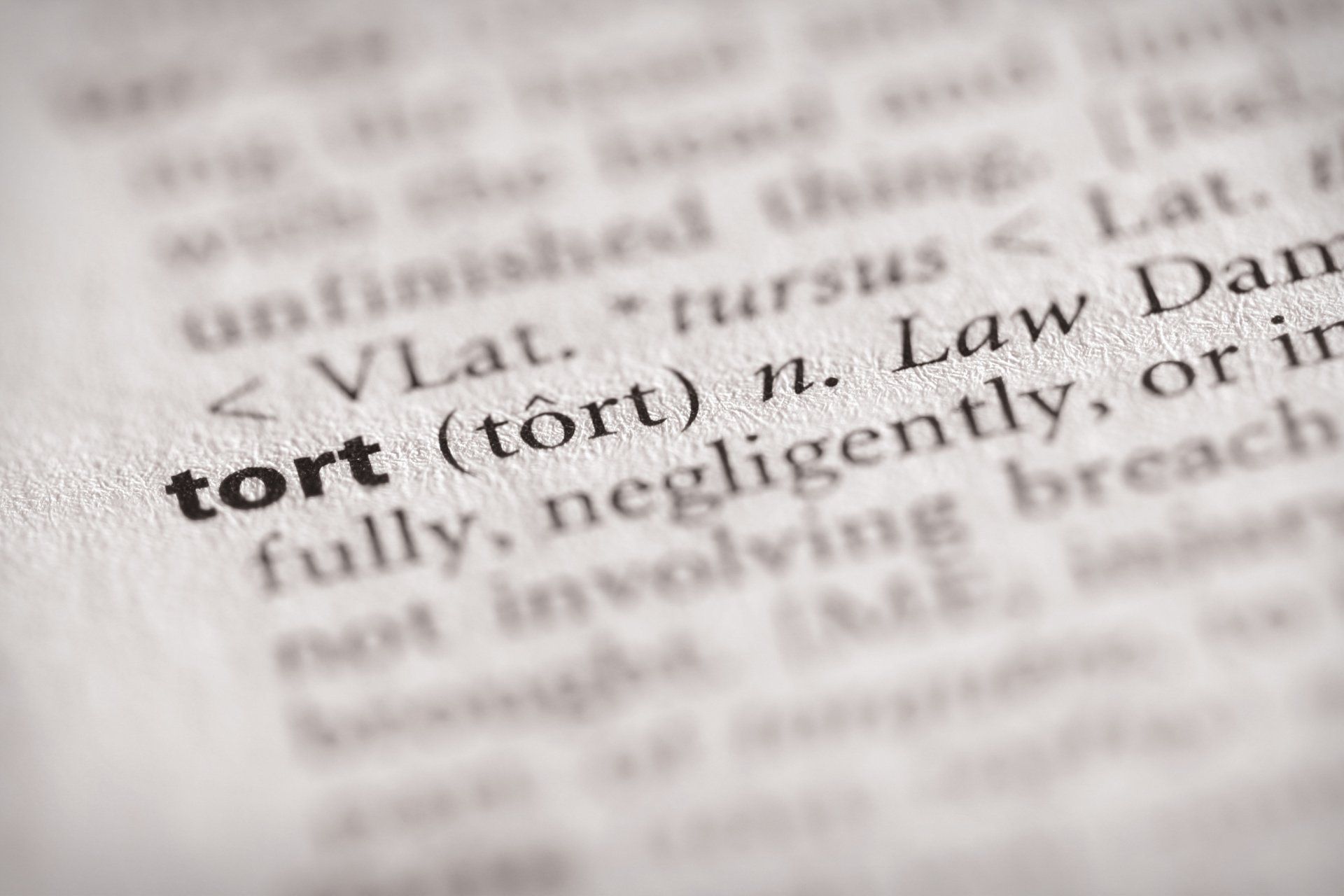The Most Common Motorcycle Accident Injuries And How To Avoid Them
Every motorcycle ride comes with both exhilaration and risk. This article examines the common injuries motorcyclists face, ranging from minor to...
Key Takeaways:
For many, the thrill of riding a motorcycle, cruising down scenic highways, and feeling the wind rush by is unmatched.
However, this exhilarating experience comes with its risks.
Unlike cars, motorcycles offer little protection, making riders vulnerable to severe injuries in accidents.
In Georgia, strict motorcycle laws protect riders, passengers, and others on the road from life-threatening situations.
If you obey these laws and are still involved in an accident at no fault of your own, you may the assistance of a motorcycle injury attorney.
Below, we will explore the essential regulations and safety tips every motorcycle rider should know to navigate Georgia's roads safely.
Table Of Contents
In Georgia, a Class M license is a requirement for motorcycle drivers to navigate the roads legally.
This license encompasses the operation of various types of motorcycles, including scooters and mopeds.
Individuals must be at least 17 years old to obtain a motorcycle license, compared to the 16-year minimum for driving a car.
For those under 18, school enrollment and a cosignature from a parent or legal guardian on the license application are necessary.
To secure a Class M license, you must pass a vision exam, a theoretical knowledge test, and a practical road skills assessment.
An alternative route to obtaining the license is successfully completing a motorcycle safety course and rider education courses, which can serve as a substitute for the tests.
This comprehensive approach ensures that motorcycle riders are equipped with the essential knowledge and basic skills to safely operate their vehicles on Georgia's roads and adhere to the state's stringent motorcycle laws and regulations.

In Georgia, it's mandatory for all motorcycle drivers to have proper insurance coverage, regardless of how frequently they ride.
The state's minimum requirement for motorcycle insurance includes $25,000 in bodily injury liability per person per accident, $50,000 in bodily injury liability per accident, and $25,000 in property damage liability.
This ensures that in the event of an accident, both the rider and others involved are financially protected.
While meeting the minimum requirements is essential, Georgia riders should also explore additional coverage options for a more comprehensive protection.
Uninsured/underinsured motorist coverage, for instance, is a lifeline in case you're involved in an accident with a driver who lacks sufficient insurance.
Guest passenger coverage provides financial protection for passengers on your motorcycle, ensuring their safety as well.
Comprehensive coverage is a must for non-collision-related incidents, such as theft or natural disasters.
Lastly, accessories coverage can be a boon if you have customized parts or equipment on your motorcycle.
These optional coverages offer peace of mind and security, ensuring that you're well-protected every time you hit the road.
The law in Georgia is clear: all motorcycle riders must wear helmets.
It's not just any helmet, though.
According to the motorcycle helmet law, the helmet must meet the U.S. Department of Transportation (DOT) safety standards to ensure maximum protection.
These standards include passing an energy absorption test, a penetration test, and a retention test.
The helmet must have
a protective shield. If the helmet lacks a shield, the rider must wear approved goggles to protect their eyes from debris and potential hazards.
A helmet that meets these criteria will have a sticker on the back with the inscription "DOT, FMVSS No. 218, Certified."
Wearing a non-compliant helmet or riding without one can have serious consequences.
Not only does it significantly increase the risk of head injury or fatality in the event of an accident, but it can also lead to a substantial fine of up to $1,000.
Moreover, insurance companies might attempt to deny your claim if you're involved in a motorcycle crash without a helmet.
They could argue that your decision to ride without proper headgear constitutes willful recklessness, making you responsible for your injuries.
Therefore, wearing a DOT-compliant helmet is not just a legal requirement; it's crucial to your safety and financial protection on the road.

When navigating Georgia's roads on a motorcycle, it's crucial to understand and adhere to specific traffic laws designed to ensure your safety and that of other road users.
Firstly, motorcyclists are required to remain within their designated lane of traffic.
Riders are prohibited from lane splitting, which is the practice of riding a motorcycle between rows of vehicles.
This rule helps maintain a safe distance between motorcycles and other motor vehicles, reducing the risk of accidents.
Moreover, motorcycles should not exceed the maximum speed limit and must observe the same speed regulations as other vehicles.
In certain situations, such as during an hour of rain or in the presence of road hazards, operating at a reduced speed limit may be necessary to maintain control and safety.
Safety is essential when riding a motorcycle, and Georgia law mandates specific equipment and precautions.
Motorcycles must be equipped with functioning headlights and taillights, which should always be used to enhance visibility.
Additionally, motorcycles can have up to two riders side-by-side in a single lane, but no more, to prevent overcrowding and ensure each rider has adequate space.
Motorcyclists are advised to wear sturdy, closed-toed shoes or boots, full-coverage thick clothing, and protective gloves to minimize the risk of foot injuries and road rash, and enhance overall protection.
Regular maintenance of your motorcycle is essential for safe operation.
This includes routine oil changes, ensuring proper tire pressure, and replacing any broken lights.
Being proactive with maintenance helps prevent mechanical failures that could lead to single-vehicle crashes or other dangerous situations on the road.
While riding, be vigilant of road conditions and signs.
Look out for warning signs, regulatory signs, and specific shapes of signs indicating school crossings, railroad crossings, or other potential hazards.
Awareness of these signs and adherence to their instructions contribute to public safety and reduce the likelihood of fatal crashes.
Responsible riders prioritize their safety and the safety of others by following traffic laws, adhering to safety requirements, and maintaining their motorcycles.
By staying informed about the legal and safety aspects of riding in Georgia, motorcyclists can enjoy their journeys while minimizing risks on the road.
Navigating Georgia's motorcycle laws is crucial for ensuring your safety and legal compliance on the road.
From obtaining a Class M license and carrying adequate insurance to wearing DOT-compliant helmets and adhering to traffic laws, these regulations are designed to protect you and other road users.
If you've been involved in a motorcycle accident in or near Duluth, Georgia, and need legal assistance, the Cotto Law Group is here to help.
Our personal injury and motorcycle accident law firm is committed to helping you recover financially.
Contact us at (770) 817-7581 to schedule a free consultation and get the support you need.

Every motorcycle ride comes with both exhilaration and risk. This article examines the common injuries motorcyclists face, ranging from minor to...

3 min read
Contrary to popular belief, the word “tort” has nothing to do with pastries, cakes or other baked goods. According to Georgia law, a tort is an...

3 min read
La clasificación de un delito depende de la gravedad percibida del acto. La diferencia entre un delito menor y un delito grave es la posible pena....